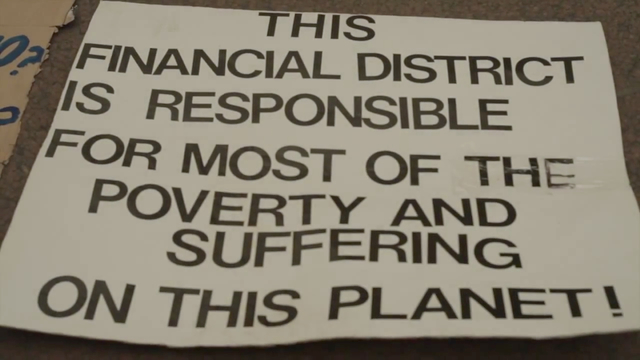Can Internet technology still revolutionize activism?
One of the biggest promises of the Internet was the transformation of political activism. No longer would change come about solely through the actions of large organizations, claimed the Web's early enthusiasts. Now, they claimed, individuals could rouse the concern of their fellow citizens for a particular cause through Web sites, e-mail, and online petitions. Those who normally shunned demonstrations and limited their participation in the public sphere could be contacted personally in their e-mail box, and all that would be necessary for them to do to show their support would be to click a button or fill in a field. Soon, pundits predicted, there would be a revolution in grassroots participation in the political process.
Read


